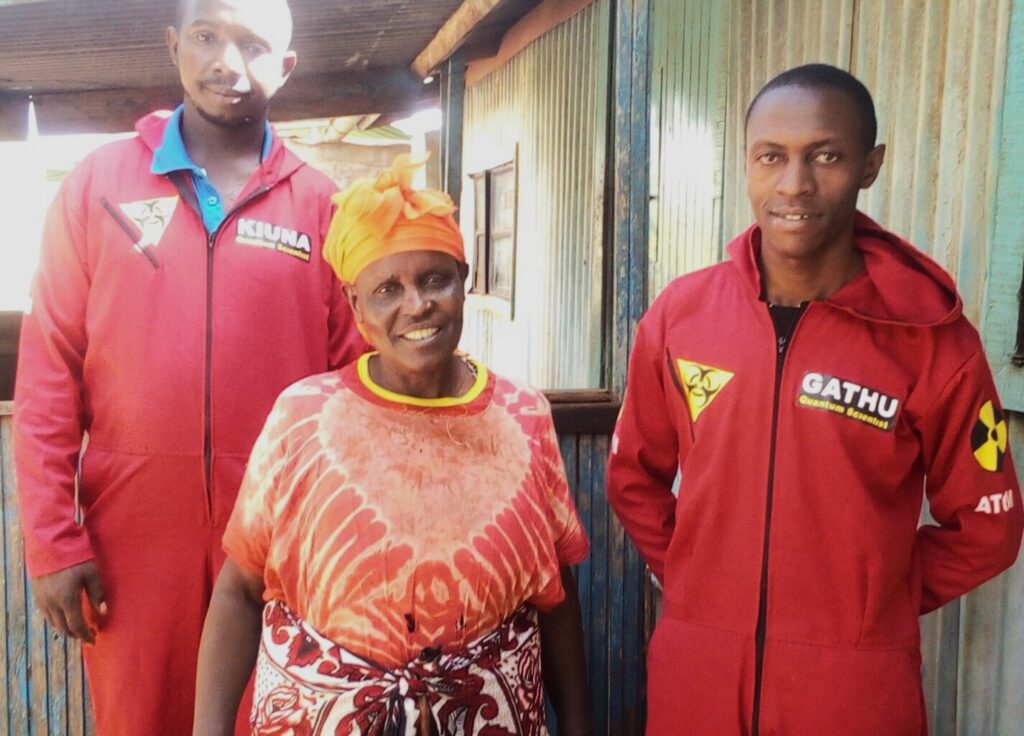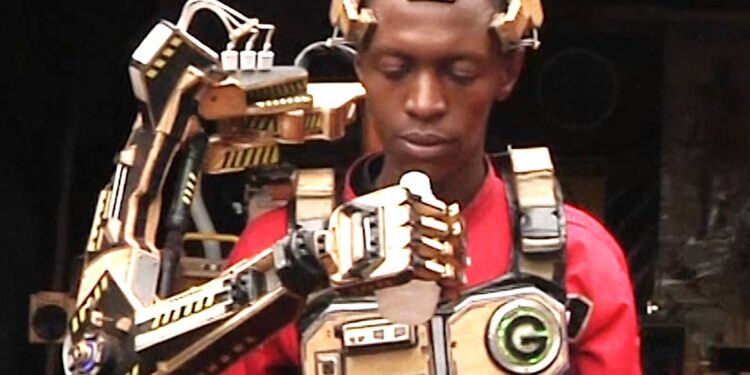The evolution of artificial intelligence (AI) has transformed industries, from healthcare to finance, with groundbreaking innovations reshaping the way humans interact with machines. While tech giants in Silicon Valley dominate the AI space, unexpected breakthroughs are emerging from the most unlikely places.
In Kenya, two self-taught inventors, David Gathu and Moses Kiuna, have stunned the world by developing an AI-powered robotic prosthetic arm—built entirely from salvaged electronics and without any external funding. Their innovation challenges the belief that high-tech advancements require massive budgets, proving that ingenuity and determination can drive world-changing solutions.
Through their startup, AfroGenesys, Gathu and Kiuna are revolutionizing prosthetic technology in a country where traditional prosthetics are prohibitively expensive. The AI-powered arm functions by reading the user’s brain signals, allowing them to control it just by thinking—eliminating the need for physical movement. This is a game-changer for amputees, especially in underprivileged regions where access to advanced medical devices is limited. Their work highlights the potential of homegrown African innovation, proving that talent, not resources, is the greatest driver of technological progress.

What makes their invention even more astonishing is its construction. Using discarded computer parts and electronic waste collected from landfills, they built a functional prosthetic that rivals high-end models from established tech firms. Their ability to convert scrap materials into a mind-controlled robotic arm has not only caught global attention but has also challenged engineers worldwide to rethink the cost of advanced medical technology. Despite lacking formal engineering education, Gathu and Kiuna have achieved what many well-funded laboratories are still working towards—a low-cost, effective AI prosthetic that could change lives.
The story of AfroGenesys is a testament to Africa’s untapped potential in AI and robotics. With the right support, their breakthrough could lead to more accessible and affordable prosthetic solutions across the world. Their success also sends a powerful message: innovation isn’t confined to wealthy nations or elite universities. Sometimes, the greatest technological marvels come from the most unexpected places—like in a small town in Kikuyu, Kenya, where two high school dropouts are proving that AI can be a force for good, even with nothing but passion and scraps.










